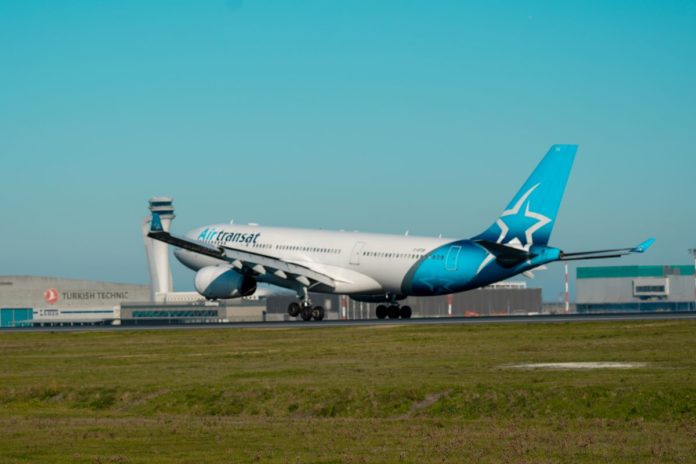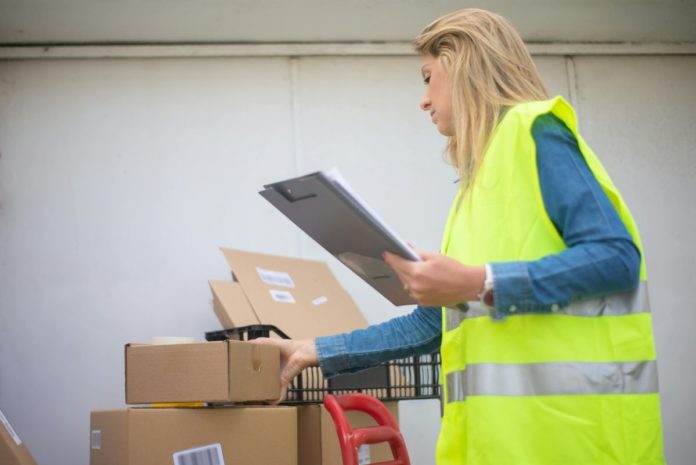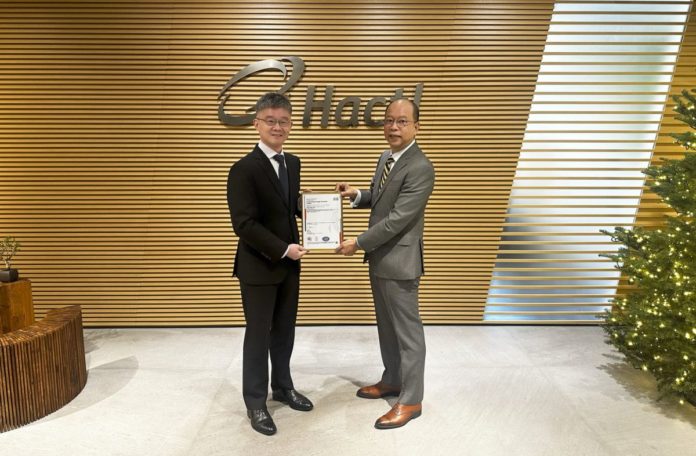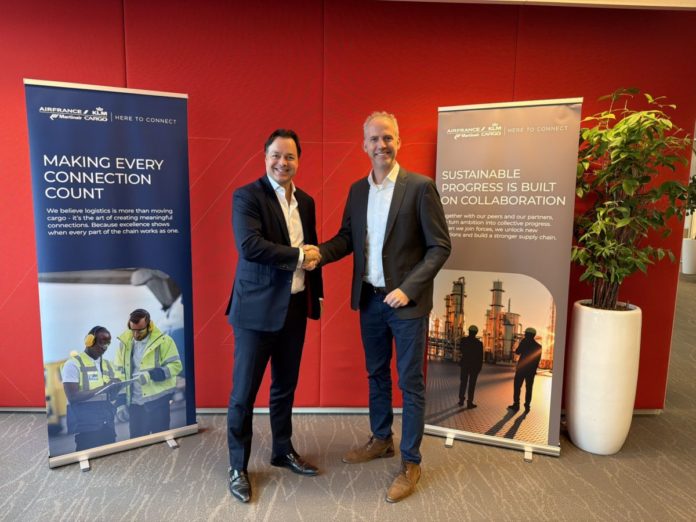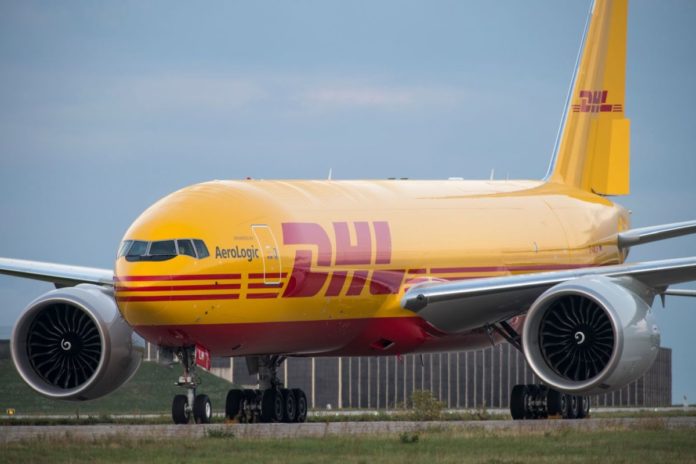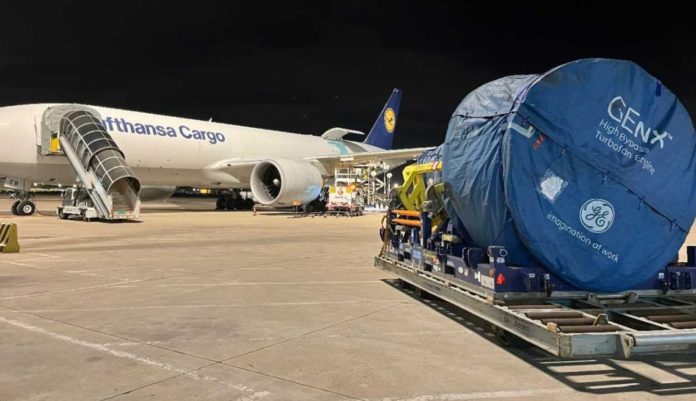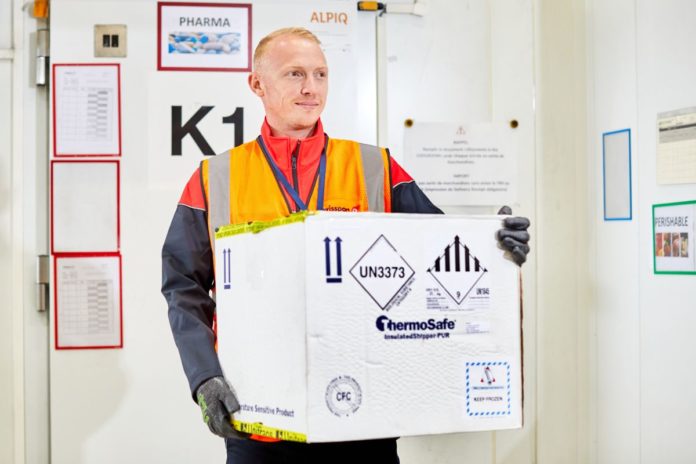Emirates, the world’s largest international airline, helps keep families connected all over the world and its SkyCargo arm pays special attention to their furry and feathery members.
In 2025, Emirates SkyCargo transported over 14,600 cats, dogs and other domestic pets– an average of 40 a day. Globetrotting critters travelled all over the airline’s network, with the top cities including London, Melbourne, Glasgow, Cape Town, Paris, Mumbai, Toronto and, of course, Dubai. Over 1,000 pets made a ultra-long haul relocation flights from the UK to Australia or New Zealand, and another 100 travelled even further, leaving the snowy tundra of Canada for the outback of Australia.
Emirates SkyCargo offers a bespoke Pet solution. Fully compliant with IATA’s Live Animal Regulations (LAR), the service is safe, comfortable and reliable, with Emirates on-board hospitality. All animals departing, arriving or transiting through Dubai, are hosted at a dedicated Pet Lounge, that offers a calm and relaxing space to unwind, with 24/7 animal care specialists on-site to offer exercise, cleaning, feeding, and cuddles on demand. Specially designed vehicles chauf-fur* pets between the lounge and aircraft, and ensure they are last on and first off, like all VIP flyersAll facilities, aircraft and ground vehicles are temperature-controlled to enable comfortable travel, even in Dubai’s summer months.
Emirates SkyCargo senior vice president of product and innovation, Dennis Lister, said: “As a team of pet parents ourselves we have designed a solution that prioritises each animal’s comfort, safety and care at every step of their journey. Across our vast global network, we deliver a consistent service underpinned by expert teams of specialists and world-class infrastructure to offer peace of mind to our customers – both the animals and their human companions. We will continue to invest in our solution and operations to deliver an outstanding experience.”
For larger creatures, the airline’s Equine solution uses purpose-designed stalls with adjustable roofs, ventilation covers to control light and temperature and onboard hay nets, shavings and water. At Al Maktoum International Airport (DWC), it 45 horse stalls and a permanent horse ramp to allow horses to transfer from the ground transport vehicle to the horse stall easily and mitigate any risk of injury.
Emirates SkyCargo also participates in wildlife rescue missions. This year, it transported four lion cubs from a life in captivity into a sanctuary in South Africa, where they are now able to roam freely in a protected environment. The airline continues its longstanding campaign to keep wildlife wild, taking a zero-tolerance stand against illegal wildlife trafficking and the carriage of all hunting trophies, even where permissible by law.
*ACV cannot be held responsible for any puns that Emirates’ PR department choose to make







